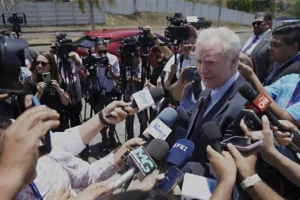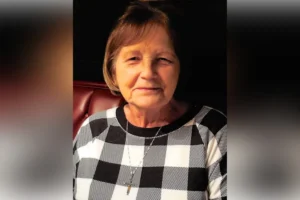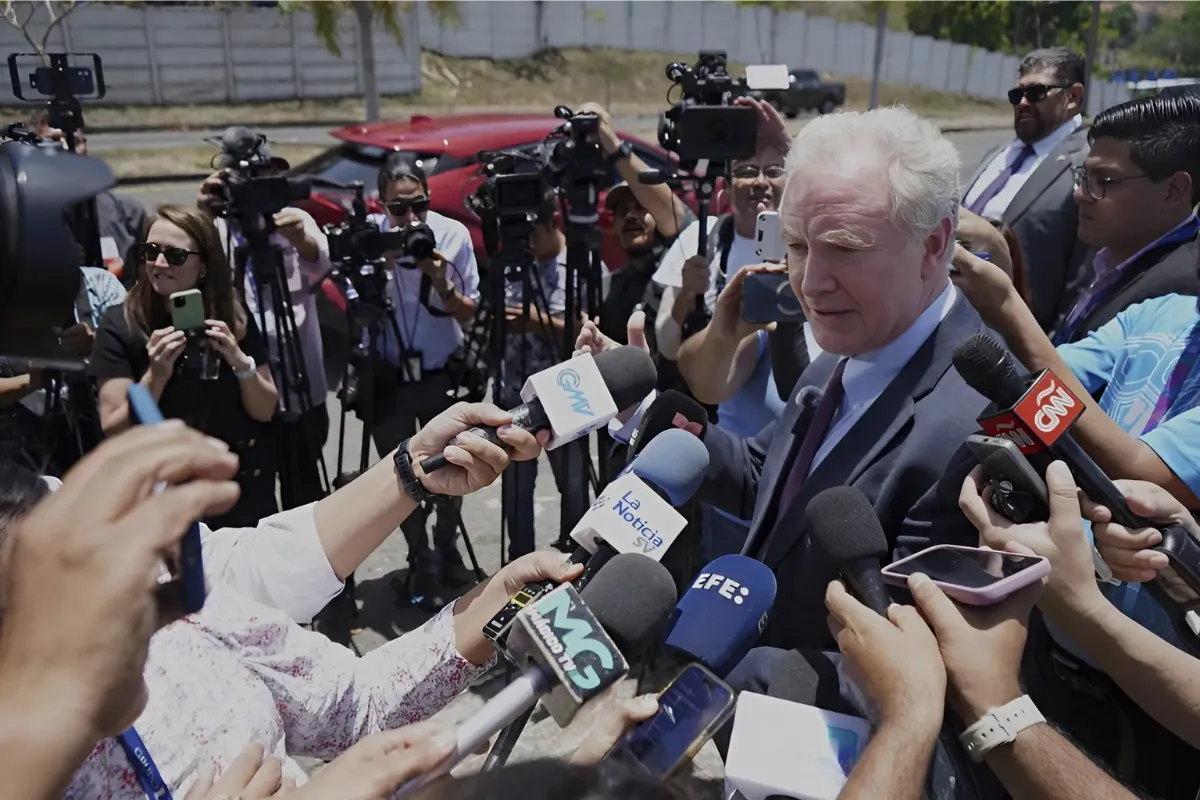A federal judge has temporarily stopped the Trump administration from enforcing a passport policy that would block transgender and nonbinary Americans from using gender markers aligned with their identity, including the “X” designation used by many nonbinary individuals.
The ruling was issued Friday by U.S. District Judge Julia Kobick, an appointee of President Joe Biden. Kobick granted a preliminary injunction in favor of six plaintiffs who are part of a lawsuit brought by the American Civil Liberties Union (ACLU). The injunction means the government must allow these individuals to obtain passports reflecting their gender identity while the case continues in court.
Judge Kobick stated that the policy likely violates constitutional protections and was not properly implemented. She said, “The Executive Order and the Passport Policy on their face classify passport applicants on the basis of sex and thus must be reviewed under intermediate judicial scrutiny.” She concluded the government failed to justify the policy under that standard.
Kobick also noted that the plaintiffs are likely to succeed in showing the policy is based on “irrational prejudice toward transgender Americans,” which violates the principle of equal protection under the Constitution.
What the Policy Says
In January, former President Donald Trump signed an executive order that defined sex narrowly as either male or female. It denied the legitimacy of gender transitions and rejected the use of gender markers outside of that binary — including the “X” designation.
This approach matches long-held views by many conservatives, but it conflicts with medical experts and policies that were in place under President Biden. According to the ACLU, the order effectively prevents transgender, nonbinary, and intersex Americans from obtaining passports that reflect who they are.
The Impact on Individuals
The lawsuit detailed the struggles faced by plaintiffs due to the policy:
- One woman had her passport returned with the wrong sex listed.
- Others are afraid to apply for passports at all, worried their applications will be denied or held.
- One plaintiff, who lives in Canada, is still waiting on an updated passport and may miss a family wedding and a scientific conference this year.
Ash Lazarus Orr, another plaintiff, faced serious trouble while traveling from West Virginia to New York. Security agents flagged him for using “fake documents” because his driver’s license marked him as male while his passport listed him as female. This incident prompted him to request a corrected passport just days before Trump took office.
ACLU Responds to Ruling
Li Nowlin-Sohl, senior staff attorney with the ACLU’s LGBTQ & HIV Project, celebrated the court’s decision.
“This decision is a critical victory against discrimination and for equal justice under the law,” Nowlin-Sohl said. “It’s a historic win in the fight against this administration’s efforts to drive transgender people out of public life.”
The ACLU plans to request that the ruling apply broadly to all transgender and nonbinary Americans, not just the six plaintiffs.
Government Pushback
In court, the Trump administration argued that the president has wide authority over passport policies. They also claimed the policy doesn’t violate the Constitution and that it wouldn’t cause real harm, since transgender people could still travel internationally.
The Justice Department added that any issues with inconsistent documents — like having a different sex listed on state IDs versus passports — were due to personal choices, not government restrictions.
But the court disagreed, citing the emotional, legal, and physical risks these inconsistencies can cause for transgender individuals when traveling or interacting with officials.
This case remains ongoing, but for now, the judge’s decision protects the ability of transgender and nonbinary Americans to obtain passports that reflect their true identities. It marks a significant legal step in the ongoing battle over gender rights in the United States.










